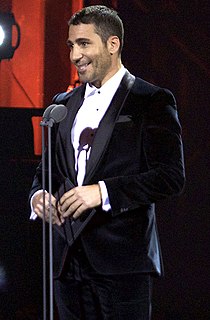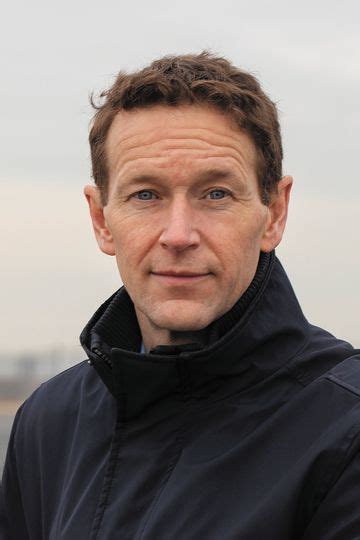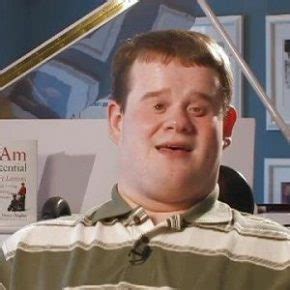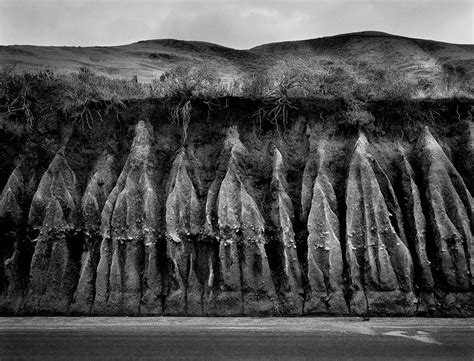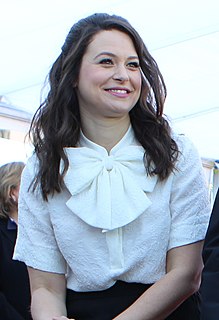A Quote by Peace Pilgrim
Many common problems are caused by wrong attitudes. People see themselves as the center of the universe and judge everything as it relates to them. Naturally you won't be happy that way. You can only be happy when you see things in proper perspective: all human beings are of equal importance in God's sight, and have a job to do in the divine plan.
Quote Topics
Related Quotes
You always have to speak good about the projects you do and you have to see the beauty in them. Sometimes you see them and you're happy with things, or maybe the process was nice and you enjoyed it, and you were happy with that. But when everything gathers - you liked the scripts from the very beginning, the directors, your friends - but then you see the result and you like it - it's beautiful.
We do not see God, but everywhere we see something divine; first and most typically in the center of a reasonable man, in the depth of a living human product. You can directly feel and think nature, the universe, but not the Godhead. Only the man among men can poetize and think divinely and live with religion.
The Old Testament contains in many places, but especially in the book of Job, one of the most far-reaching defenses ever written of wilderness, of nature free from the hand of man. The argument gets at the heart of what the loss of nature will mean to us....God seems to be insisting that we are not the center of the universe, that he is quite happy if it rains where there are no people - that God is quite happy with places where there are no people, a radical departure from our most ingrained notions.
I learned about forty years ago that money and things wouldn't make people happy. And this has been confirmed many times. I have met many millionaires. They had one thing in common. None of them were happy....I realize that if you don't have enough you won't be happy. Neither are you happy if you have too much. It is those who have enough but not too much who are the happiest.
The Dalai Lama once said that every human being has two fundamental desires: to be happy and free of pain. I'm interested both in helping people and myself achieve these and also, in the process, finding out what our full potential is as human beings. In essence, there's so much unconsciousness about how/what we eat and how we live which creates the problems that people face. I see so many sick and suffering people when I go on my lecture tours and, if I can help someone find their way back to a life worth living, that's a good day's work.
We have looked first at man with his vanities and greed and his problems of a day or a year; and then only, and from this biased point of view, we have looked outward at the earth he has inhabited so briefly and at the universe in which our earth is so minute a part. Yet these are the great realities, and against them we see our human problems in a different perspective. Perhaps if we reversed the telescope and looked at man down these long vistas, we should find less time and inclination to plan for our own destruction.

